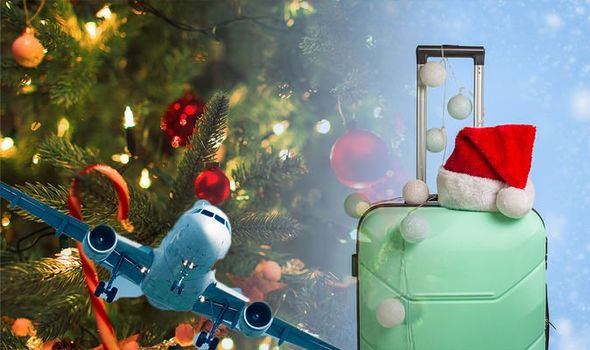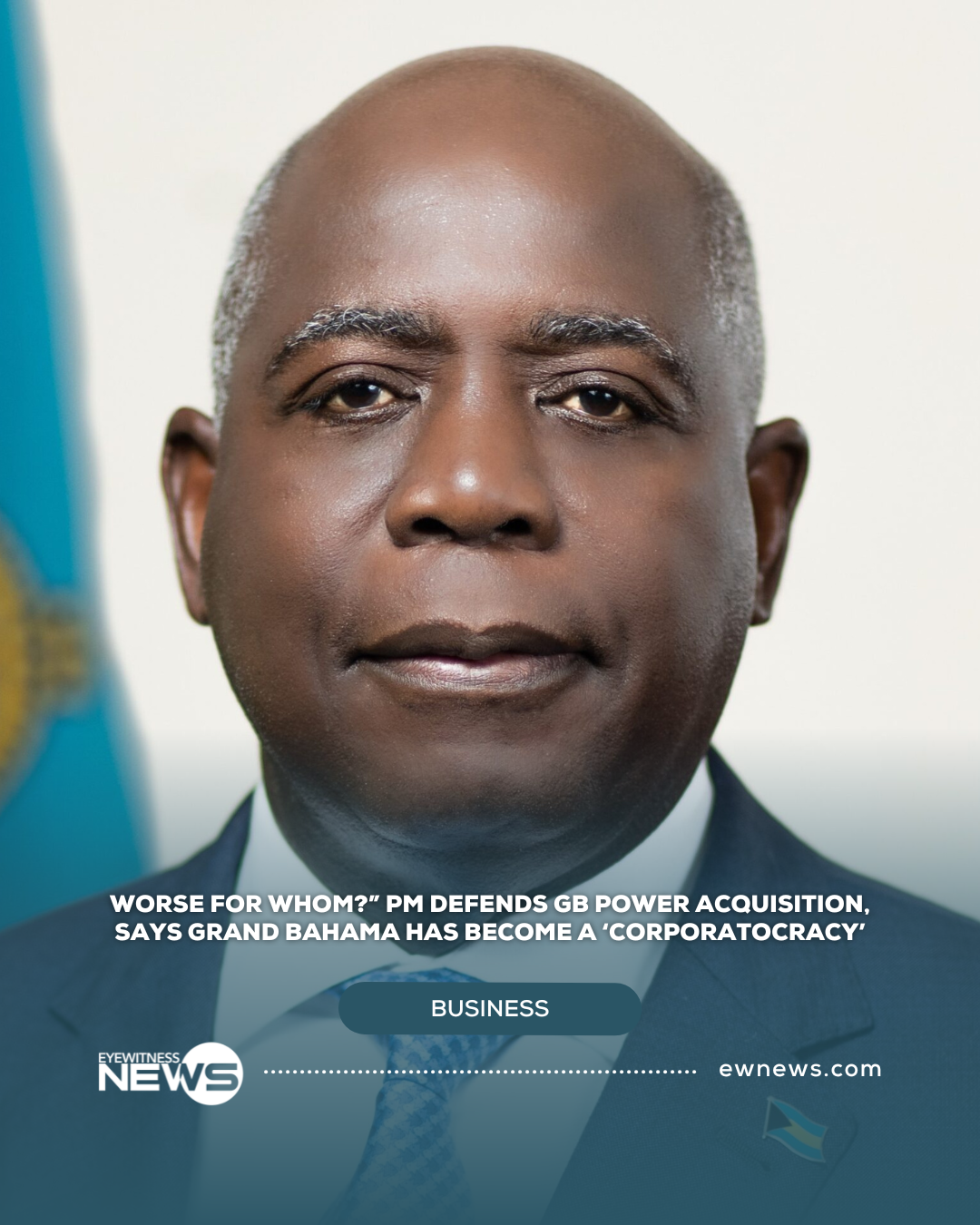GB resident: “We just want to see our family during the holidays”
NASSAU, BAHAMAS — Residents on Grand Bahama are expressing increased concern over “exorbitant” costs associated with traveling to other Family Islands during the Christmas holiday given the latest COVID-19 travel requirements.
As of last week, a new domestic travel visa regime replaced the 14-day mandatory quarantine period that was required for all islands.
Travelers from New Providence and Grand Bahama to other Family Islands are required to obtain a negative RT-PCR COVID-19 test and a $25 domestic travel visa, along with completing a daily health questionnaire and taking a rapid antigen test on the fifth day of their stay.
Some residents have insisted that the new travel protocols are not financially feasible for people who have no jobs and have been in an economic downturn for quite some time.
One Grand Bahama resident, who asked not to be named, told Eyewitness News: “It’s not fair that we have to pay for a visa in our own country.”
She noted that after such a difficult year where she did not see her family at all, she was looking forward to traveling to New Providence to at least spend the holidays with them.
The woman said, however, that the latest changes to the protocols mean “I can’t come home at all for Christmas”.
She said the protocol has increased the usual cost of travel by requiring two COVID tests and two visas, nearing over $600 including the cost of the ticket.
Additionally, she expressed unease over having to take four COVID tests in one trip.
“At this rate, people wouldn’t be able to travel,” she said.
“We just want to see our family during the holidays.”
Minister of Tourism Dionisio D’Aguilar noted that while the new program is not ideal for some Bahamians, it is to ensure that the country’s COVID-19 cases remain relatively low.
“This is a very extraordinary time, and I think everybody is going to have a different Christmas this year,” D’Aguilar said.
“When was the last time we didn’t have Junkanoo?
“…You could so easily let down your guard and we’re back to extremely high numbers.
“Yes, we get that people have to come together over this yuletide season to be with their families, but we’ve got to do it cautiously and carefully.”
He noted that the government is constantly reviewing the policies and the matter will be discussed again.
“We see all the concerns that people are having and the costs that it’s incurring and the inconvenience it is causing people,” D’Aguilar added.
“We get that, but on the other hand, the government is encouraging people not to travel. Don’t travel. It’s not easy to travel and there are risks associated with travel.”
The tourism minister said that while the new protocols may be “expensive, annoying and a nuisance”, with many people angry about it, Bahamians must remember the first wave when COVID cases had stopped and there was an aggressive push to reopen and allow travel.
As of July 1, there were 104 cases of the virus dispersed across four islands in the country.
The Bahamas had not recorded a new infection since June 18, prompting health officials to pronounce that the curve had been flatted after nearly three months of restrictions, including a border closure, 24-hour curfew and weekend lockdowns.
However, soon after the return of international commercial carriers, the virus had spread to nearly every major island in the country in just under two months.
Since then, more than 7,000 cases have been recorded.
“The government is trying its endeavor best to walk that fine line,” D’Aguilar said.
“We are not out of the woods yet. We are very close to the United States and we all saw what happened in July of this year.
“…I think all of us in government — once bitten, twice shy — want be careful that we don’t open up too fast too quick, and there’s always a lot of pressure to do so and you end up causing another surge.”
Prime Minister Dr Hubert Minnis has said he hopes the travel visa for certain inter-island travel will be a thing of the past soon once COVID-19 cases reach an “acceptable level” and an approved vaccine is rolled out sometime next year.


















